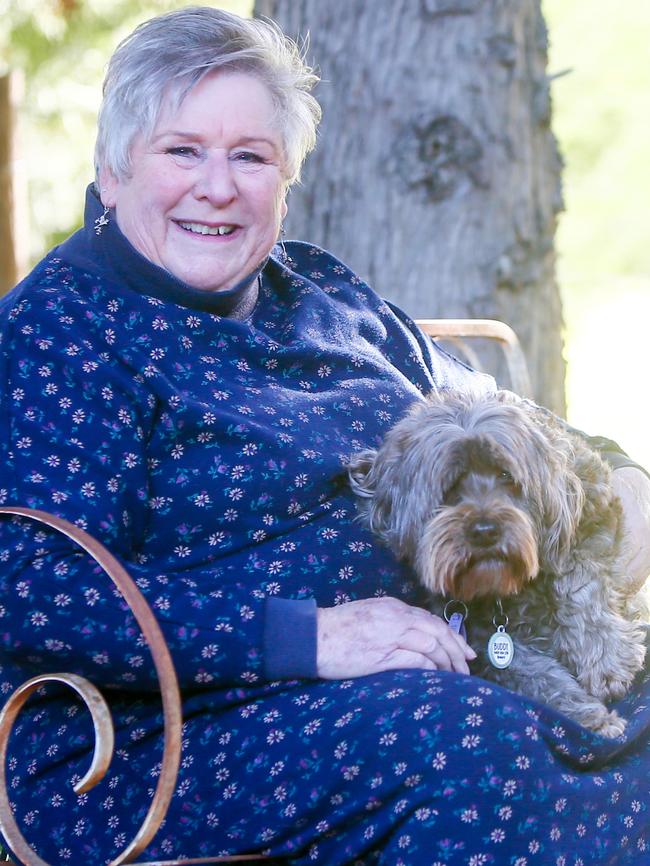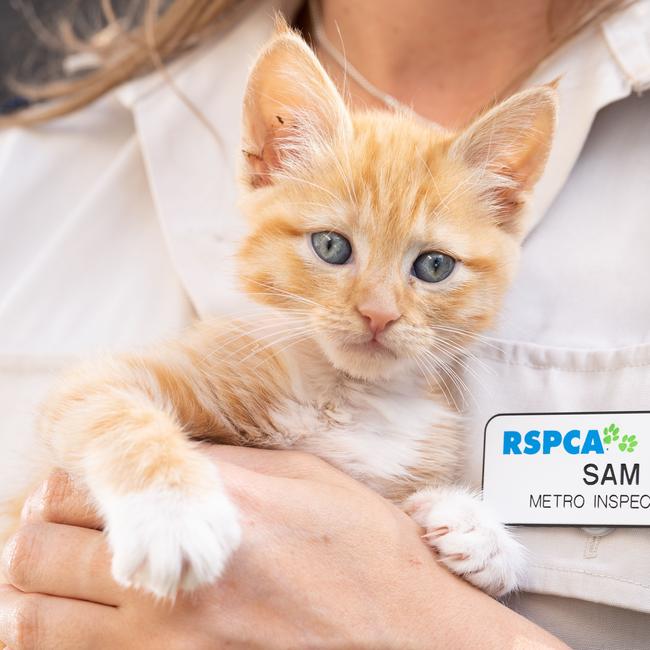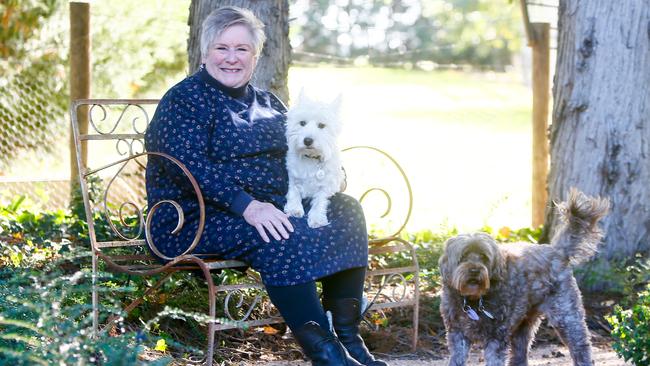RSPCA CEO Jan Davis: Why we always lobby for better lives for Tasmania’s animals
Working for the RSPCA has been ‘a shocking eye-opener’ for Jan Davis, and has sadly revealed how many animals are still suffering and in need of help across Tassie. She says her five RSPCA inspectors need understanding, not abuse from the community >>
Tasmania
Don't miss out on the headlines from Tasmania. Followed categories will be added to My News.
WORKING for the RSPCA has been a shocking eye-opener for me – and has sadly revealed how many animals are still suffering and in need of help across Tasmania.
Every day, we’re sent horrific pictures or videos from the public wishing to report something that they’ve seen online or first-hand.
We also receive a lot of abuse for not being able to be everywhere at once and for not living up to everyone’s expectations – realistic or not.
I am in awe at the commitment our team shows, and their ability to front up every day to deal with situations most people cannot even begin to imagine.
It has also highlighted the harsh world of social media commentary, and how quick people are to judge before they know all the facts.

And that’s what happened in the very distressing case of Storm last week.
One of our inspectors visited Storm’s owner a number of times. Storm was in good physical condition, there was no evidence of malnourishment, or of any physical harm being done to the dog.
However, the inspector considered that there was insufficient shelter from inclement weather and that Storm was being tethered in an inappropriate manner. Neither of these situations were actually of such a serious nature that they would warrant formal charges.
The inspector made a number of attempts to work with the owner to ensure voluntary compliance with animal welfare regulations and an improved standard of care for the dog. While there was some improvement in the situation, the inspector believed that not enough had been done to address the issues.
A number of legal instructions were then issued to the owner. Non-compliance with such instructions is an offence under the animal welfare act.
The owner failed to comply and was found guilty of an animal cruelty offence. This is not a criminal conviction. It’s a bit like a speeding ticket.
Our inspector continued to check in on Storm – most recently only a few days before he passed away.
On the day in question, it was raining. Mindful of the inspector’s instructions with respect to ensuring Storm was not left without shelter, the owner brought the dog inside, tethered it on a long lead to keep it out of shared house spaces, and went to work. His housemates came home later that night to find Storm dead.
All the evidence points to this being a tragic accident – and an autopsy is being conducted to confirm that the dog had jumped out the window and strangled itself.

People have asked why the inspector did not remove Storm from his owner and the answer is very simple.
The legislation under which our inspectors operate only permits them to seize an animal under certain very limited circumstances. Unfortunately, in this instance, the inspector was unable to meet the required legal burden of proof to remove the dog from this environment.
Obviously, the RSPCA must operate within the law – no matter what we think – and we have done everything we are legally able to. Yet, sad as this is, this was still not enough.
It can be very easy to forget that we’re a charity, at the end of the day, rather than a taxfunded service.
We do so much varied work – rescuing and rehabilitating animals, investigating cruelty and prosecuting abusers, rehoming animals, working with people to assist microchipping and desexing their pets – the list goes on. Being a charity (and an exceptionally busy one at that!) comes with restrictions – lots and lots of them.
The government does provide some funding to the RSPCA each year so that we can deliver inspectorate services. Everyone recognises this funding does not cover the actual cost of what we do. Even so, we only have five inspectors covering the whole state – and they can’t be everywhere all the time.

However, the real issue here is that our current laws do not provide sufficient powers to allow inspectors to exercise their professional judgment.
This is not something new.
We have been working constructively for some time with the Department of Primary Industries to develop recommendations to strengthen the legislative framework that underpins the role of all animal welfare inspectors.
Following a request from Minister Guy Barnett, a discussion paper outlining proposed changes to these authorised powers was considered at a meeting of the Animal Welfare Advisory Council a couple of weeks ago.
The Minister has indicated support for these changes, and we’re now working with the government to make this happen.
Outdated or insufficient laws are also why we campaign so hard for new and improved ones. Whether that’s tougher laws, reforming the treatment of racing animals, banning duck shooting or stamping out puppy farms – we’re always lobbying for better lives for animals.


